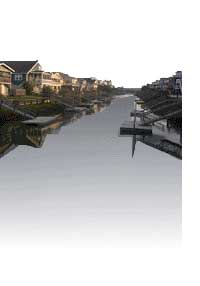DRC Peace Talks in Pretoria Continuing
South African Press Association (Johannesburg)
October 27, 2002
Posted to the web October 28, 2002
Pretoria
Vital talks in Pretoria to find an interim power-sharing deal between warring parties in the Democratic Republic of Congo (DRC) will continue on Monday, officials said.
"They may go beyond tomorrow (Monday)," South African presidential adviser Billy Masetlha said on Sunday.
He said the different parties were on Sunday wrestling with details about what the different posts in a proposed transitional government would entail.
The meeting got underway on Saturday after it was delayed on Friday due to the late arrival of the DRC government delegation.
Both DRC rebel groups -- the Congolese Rally for Democracy (RCD) and the Congo Liberation Movement (MLC) -- arrived in Pretoria on Friday.
The talks have been convened by special United Nations envoy Moustapha Niasse and South African President Thabo Mbeki.
On the agenda is a power-sharing proposal that has been put forward by South Africa.
It provides for DRC President Joseph Kabila to remain the head of a transitional government, with four vice-presidencies.
These will be taken up by representatives of the government, the RCD, the MLC, and of the internal political parties and civil society.
The interim government will prepare the way for democratic elections to end the four-year war in the vast central African country.
Masetlha on Sunday said there appeared to be different opinions on exactly what a president and his vice-presidents should do under the proposed transitional government.
"They are discussing he details of that," he said.
South Africa's ambassador to the DRC Sisa Ngombane said: "The participants are trying to get a solution that will suit everyone."
He said the talks might continue into the week, and could later be joined by other political parties from the DRC.
South Africa hopes that the fresh round of talks will complete negotiations begun at Sun City earlier this year at which the DRC government and the MLC struck a power-sharing agreement without the RCD.
Masetlha earlier said the current deliberations could be the final lap in reaching a settlement.
"We believe that we actually are at the last stage. We think that they (the Congolese) have this historic feat within their grasp," he said.
"In our view, the issues that remain in terms of the interim arrangements can be wrapped up within hours."
Rebel groups -- backed by Rwanda and Uganda -- went to war with the DRC government in 1998 in a conflict that embroiled seven other African countries at its height.
Most foreign troops have pulled out, but sporadic clashes between the internal belligerents have continued.
The Pretoria talks come in the wake of new fighting that erupted in the eastern parts of the DRC last week.
